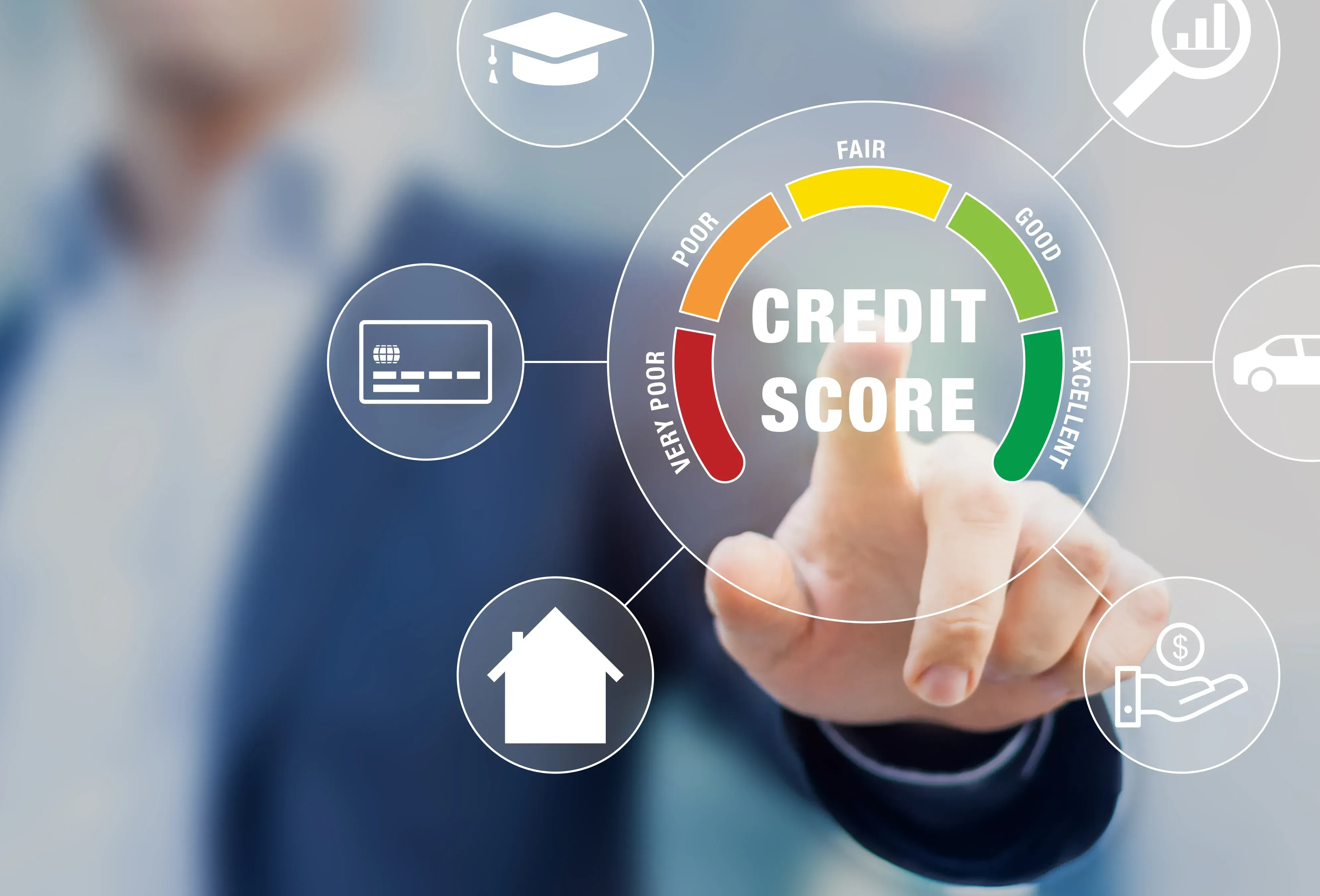Your credit score is not just a number. This article explains how lenders and credit bureaus view your credit score, and provides some tips for improving it.
15 December 2022 · Fiona Zerbst

Your credit score is not just a number. It tells a story about your financial behaviour over time and determines your credit reputation. Historic, repeated behaviour gives a lender a very good idea of how risky it will be to lend you money.
This article explains how lenders and credit bureaus view your credit score, and provides some tips for improving it.
Tip: Is debt compromising your credit score? Debt consolidation may be the solution that you need.
Your credit score explained
Your credit score is a critical component of your credit report. However, few South Africans understand how their credit score works.
“In a country like the United States, consumers know their credit score as well as they know their identity number or social security number,” says Ans Gerber, head of data insights at credit bureau Experian. “Local consumers are less familiar with their credit score, and that can make life a bit tricky for them.”
To complicate matters, different lenders have different scoring models. However, these generally provide the same overall snapshot of your creditworthiness.
“Banks and other leaders each have their own way of determining your score,” Gerber says. “However, if your score is good according to one lender, it should be considered good by another.
“For instance, if, out of an upper limit of 850 points, you have a score of 670 points at one institution, and 650 points at another, you can still be confident that your score is within a favourable range.”
The higher your credit score, the lower your perceived risk to lenders. Different lenders have different risk definitions, but they generally look at your historical behaviour, which tells them how you deal with financial responsibilities.
While banks have their own scoring mechanisms, the input they get from credit bureaus for a specific consumer will most likely confirm what they already know. Your basic credit information will also be the same – that is, it will indicate if you have two credit cards, one home loan, and one personal loan, for example.
How can you improve your credit score?
Building up a history or reputation as a responsible borrower will inevitably lead to an improvement in your credit score. However, this can take some time.
Gerber recommends that you take the following course of action if you are looking to improve your credit score.
Gerber says it can take six to 12 months of good financial behaviour for you to be viewed as a low-risk consumer, depending on your history and the risk appetite of the lender.
“In difficult economic times, credit providers will be more careful than in times of economic prosperity,” she cautions.
Tip: Do you want to find out what your credit score is? Register with JustMoney.
Free tool

info@justmoney.co.za
4th Floor, Mutual Park, Jan Smuts Drive,
Pinelands, Cape Town, 7405
© Copyright 2009 - 2025 · Powered by NCRCB29
Terms & Conditions
·
Privacy Policy
·
PAIA Manual
View your total debt balance and accounts, get a free debt assessment, apply for a personal loan, and receive unlimited access to a coach – all for FREE with JustMoney.